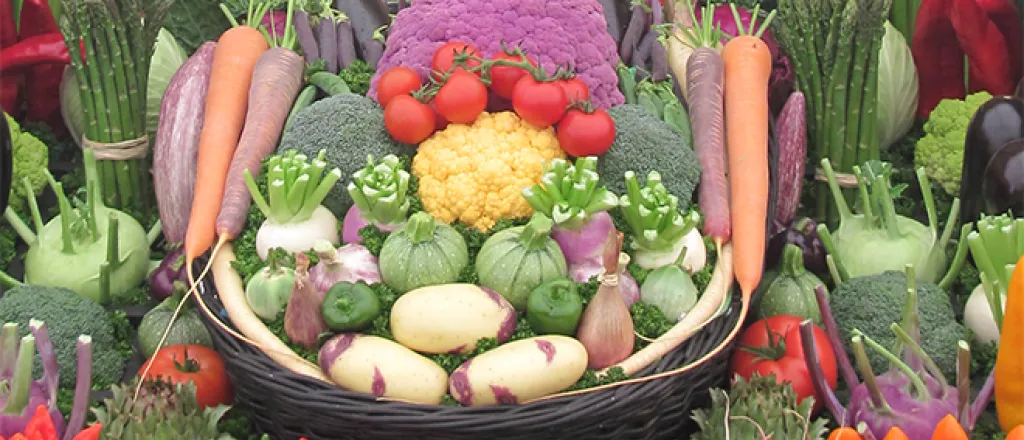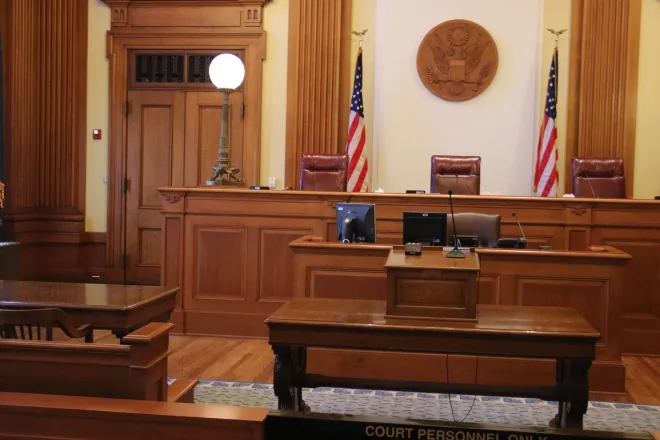
CSU Extension’s New Food Preservation App Available for Download
With the help of Derek Stegelman, College of Health and Human Sciences assistant director of IT for application development; Edie McSherry, a Larimer County Extension agent; and a team of volunteers from across Colorado, the food preservation app was launched this spring.
“Overall, CSU Extension has seen a rise in website viewers using mobile devices,” said Shackelton. “But our online resources aren’t mobile-responsive, so we wanted to incorporate our food preservation fact sheet information into the app to meet that need.”
The app focuses on food preservation methods and basics. Users can choose whether they want to preserve fruits or vegetables, and then select their particular type of produce. Preservation options vary depending on the type of produce, but include freezing, canning, drying and making spreadable preserves, like jams and jellies.
Elevation Matters
Preserve Smart differs from any food preservation magazine or book because it allows users to set their elevation before starting the preservation process. Elevation needs to be taken into account when canning, especially in Colorado and other high elevation locations, because if not done correctly, it can be a serious health threat. “Canning can be dangerous if tested methods are not followed, and this is especially true in Colorado,” said Bunning, “because adjustments often need to be made for elevation. Many canning recipes available to the public do not account for higher elevation, and that can lead to food spoilage or even contamination with botulism toxin. Although it is critically important to adjust for elevation to ensure the temperature is adequate to destroy bacterial spores, this is a science lesson that is not very well-known.”
The app has a feature on its home page that allows users to enter their elevation, and when they visit the recipe, processing times are automatically adjusted to fit their pre-set elevation.
“In Colorado, a lot of people don’t know that their elevation matters, or don’t know the elevation where they live,” Shackelton said. “Anything above 3,000 feet is considered ‘high altitude,’ and that’s all of Colorado.”
High-altitude Cooking Pioneers
In fact, CSU is the birthplace of high-altitude cooking adjustments, thanks to pioneering efforts by Inga Allison and Charles Lory in the first half of the 20thcentury.
“Inga would drive to a high-elevation location, such as the Fall River Road shelter house near Estes Park, to do cooking experiments,” Shackelton said. “With the help of then-CSU Physics Professor Charles Lory, the high-altitude cooking laboratory was conceptualized and built in the Guggenheim Building in 1927. It consisted of a huge steel cylinder room with altitude controls, enabling Inga and her staff to work inside to test recipes for altitude conditions ranging from sea level to 12,000 feet.”
The new app is only one tool offered by CSU Extension when it comes to food preservation. A team of Master Food Safety Advisor volunteers spread around the state is also available to offer advice at Extension offices throughout Colorado.
Volunteer Training
The volunteers receive 30 hours of hands-on food safety and preservation instruction. After passing a written exam, MFSA volunteers give back 30 hours of service, helping others to successfully preserve food at home. Volunteers conduct demonstrations and workshops, test pressure canner gauges, staff exhibits at county fairs and farmers’ markets, and answer phone calls and email.
“This, for me, is a great way to give back,” aspiring Master Food Safety Advisor Shayleen Snyder said during a March 28 training session led by McSherry in the Larimer County Extension office’s kitchen. “The science behind this is incredibly important. My mom used to just scrape the mold off the top of the jar, which makes me shudder to think about now.”
The app is available for Apple and Android devices, and a mobile-responsive online version can also be found at https://apps.chhs.colostate.edu/preservesmart/








